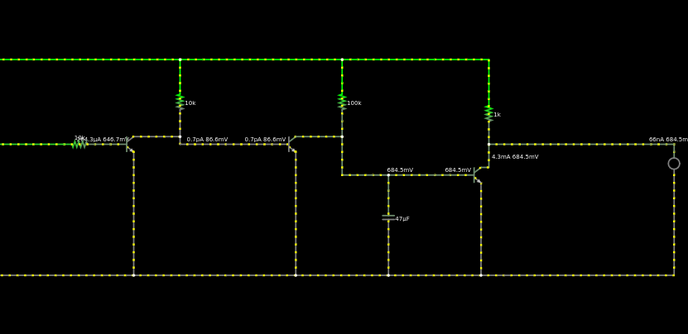@oestermann
Sehr interessant, was #Chakrabarty geschrieben hat, um die Begriffswelten des Globalen und Planetaren zu erläutern und mglw. zu versöhnen.
Schön geschrieben, wie Du es zusammenfasst. Merci! https://oestermann.wordpress.com/2024/08/20/zukunfte-12-vom-globalen-zum-planetarischen-denken/
Der Fokus der Ökonomie auf persönlichen oder gesellschaftlichen Vorteil macht ihre Perspektive komplett inkompatibel mit der Einhaltung planetarer Grenzen. Konzepte wie "Polluter Pays" oder CO2preis sind perverse Beweise dafür, wie wenig ökonomisch geschulte Hirne willens sind, sich dem Notwendiggewordenen zu stellen: "Planetare Grenze gesprengt? Macht nix! Bezahl einfach mehr, dann kannst Du weiter machen."
So ein Humbug.
Hätte Churchill die Nay-Sayer seinerzeit so beglückt, spräche England heute Deutsch: "Ach, Du willst nicht, dass wir Sachrationen einführen und nur die Firmen Rohstoffe und Personal kriegen, die kriegswichtig oder wichtig zur Grundversorgung sind? Macht nix. Bezahl einfach mehr, dann kannst Du weitermachen. Die anderen nudgen wir vielleicht nach und nach auf Rationen und Triage in der Industrie...hoffentlich hat Hitler noch ein bisschen Zeit..."
Unter anderem wegen dieser Denksperre bei Mainstream-Ökonomen nenne ich das #Anthropozän das #ÖkonObszön . Aber auch so Blüten wie, dass bei +6°C eine kippende #AMOC bis 2100 den Verlust von 1.4% im globalen Konsum bedeuten würde. Wissenschaft nennen sie es... dass ihre Peer-Review so einen Mist durchwinkt, zeigt auch, dass ihre sog. Wissenschaft gar keine ist. Ökonomen würfeln bloß.
https://www.pnas.org/doi/abs/10.1073/pnas.2103081118
"Economic impacts of tipping points in the climate system" 2021, by Simon #Dietz , Gernot #Wagner et al



